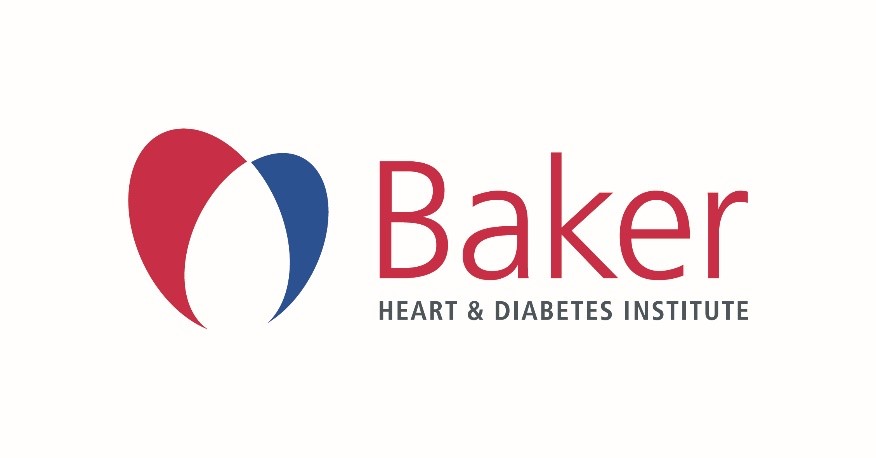Mitochondrial damage in a Takotsubo syndrome-like mouse model mediated by activation of β-adrenoceptor-Hippo signaling pathway.
Wei Wu; Qun Lu; Shan Ma; Jin-Chan Du; Kevin Huynh; Thy Duong; Zhang-Da Pang; Daniel Donner; Peter J Meikle; Xiu-Ling Deng; Xiao-Jun Du
Abstract
Takotsubo syndrome (TTS) is characterized by short-term contractile dysfunction with its mechanism undefined. We showed that activation of cardiac Hippo pathway mediates mitochondrial dysfunction and that stimulation of β-adrenoceptors (βAR) activates Hippo pathway. Here, we investigated the role of βAR-Hippo signaling in mediating mitochondrial dysfunction in isoproterenol (Iso)-induced TTS-like mouse model. Elderly postmenopausal female mice were administered with Iso (1.25 mg/kg/h for 23 h). Cardiac function was determined by serially echocardiography. At and post-Iso exposure, mitochondrial ultrastructure and function were examined by electron microscopy and various assays. Alterations in cardiac Hippo pathway and effects of genetic inactivation of Hippo kinase (Mst1) on mitochondrial damage and dysfunction in the acute phase of TTS were investigated. Isoproterenol exposure induced acute increase in biomarkers of cardiac damage and ventricular contractile dysfunction and dilation. At post-Iso, we observed extensive abnormalities in mitochondrial ultrastructure, downregulation of mitochondrial marker proteins, and mitochondrial dysfunction evidenced by lower ATP content, increased lipid droplets, higher contents of lactate, and augmented reactive oxygen species (ROS). All changes were reversed by . βAR stimulation led to activation of cardiac Hippo pathway with enhanced expression of Hippo kinase Mst1 and inhibitory YAP phosphorylation, as well as reduced nuclear YAP-TEAD1 interaction. In mice with cardiac expression of inactive mutant Mst1 gene, acute mitochondrial damage and dysfunction were mitigated. Stimulation of cardiac βAR activates Hippo pathway that mediates mitochondrial dysfunction with energy insufficiency and enhanced ROS, promoting acute but short-term ventricular dysfunction. Takotsubo syndrome (TTS) is featured by activation of sympatho-β-adrenoceptor (βAR) system leading to acute loss of ventricular contractile performance. However, the molecular mechanism remains undefined. We demonstrated, in an isoproterenol-induced murine TTS-like model, extensive mitochondrial damage, metabolic dysfunction, and downregulated mitochondrial marker proteins, changes temporarily associated with cardiac dysfunction. Mechanistically, stimulation of βAR activated Hippo signaling pathway and genetic inactivation of Mst1 kinase ameliorated mitochondrial damage and metabolic dysfunction at the acute phase of TTS.days 1
| Journal | AMERICAN JOURNAL OF PHYSIOLOGY. HEART AND CIRCULATORY PHYSIOLOGY |
| ISSN | 1522-1539 |
| Published | 01 Apr 2023 |
| Volume | 324 |
| Issue | 4 |
| Pages | H528 H541 H528-H541 |
| DOI | 10.1152/ajpheart.00459.2022 |
| Type | Journal Article | Research Support, Non-U.S. Gov't |
| Sponsorship | Earnst Heine Family Foundation: N/A |


